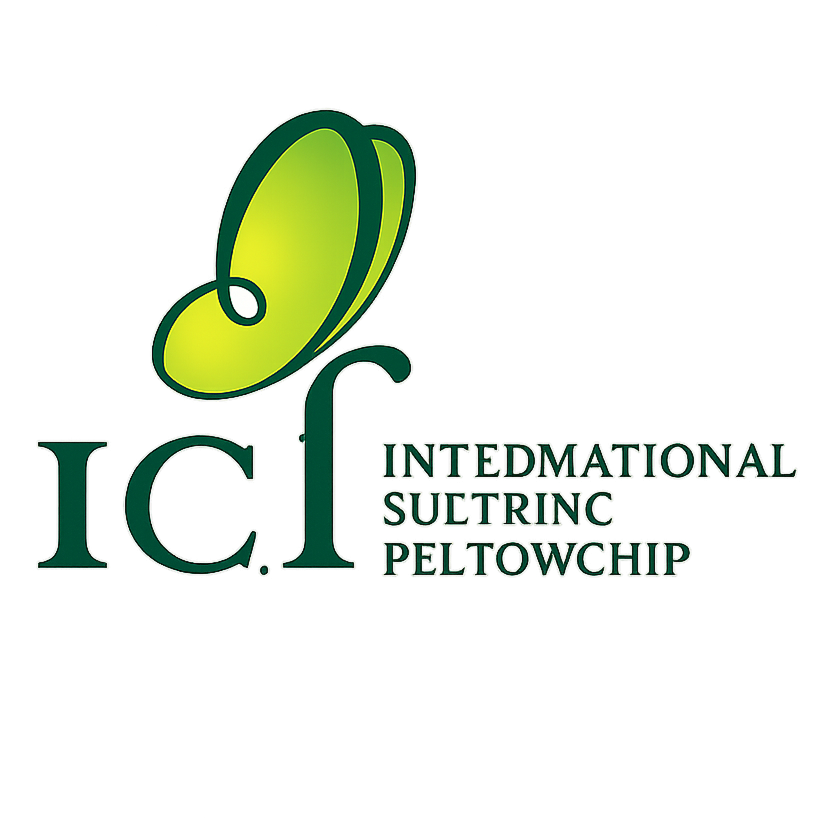What is the age range for children to sign up for camp?
In the Camps we only welcome boys and girls from 7 to 15 years of age.
Who takes care of the children?
The children are cared for by an instructor and an assistant, together with instructors specialized in various activities and camp managers who are on the lookout for all campers.
If my child goes with a friend can they be together?
Yes, as long as the children are the same age and both they and the parents agree. Although we can't commit to more than 3 campers on the same team.
Do the rooms or cabins have their own bathrooms?
The vast majority of rooms or cabins have their own bathroom.
Do you help young children bathe and dress?
No, we ask that you consider that children should be independent in activities such as bathing, dressing, combing their hair, going to the bathroom and taking care of their things. Instructors are waiting, but cannot take care of each child individually.
How is communication with children? Can we talk to them?
Calls are not allowed. The communication is through messages on the camp page, delivered daily at breakfast time or the first activity in the morning. Children respond to these messages in letters that are taken photos and sent to the parents' emails.
If my child is carrying medications, how do they manage them?
We have medical staff who administer medications. Parents should write down the information in the registry and hand in medications when leaving their children at the camp.
What do you do in case of an accident? Do they warn us?
The protocols are followed. In case of minor injuries, there is no warning so as not to worry parents. There's a paramedic in the camp. In more serious cases, parents are contacted before taking the child to the hospital.
Do you have any health insurance?
Yes, we have accident insurance that covers up to $150,000.00.
How safe is the camp? Do you have any systems in place?
The camp is safe, with measures such as electric fences, closed circuit television, among others.
What are the foods like? Can you briefly describe what they eat?
- Breakfast: Fruits, juices, smoothies, milk, cereal, eggs, beans, chilaquiles, waffles, hot cakes, sweet bread.
- Food: Salads, vegetables, soup, cream, chicken, fish, beef or pork, flavored waters and dessert.
- Dinner: Salad, cereal, sweet bread, pizzas, club sandwiches, muffins, milk, flavored water, tacos.
- Refreshments (mid-morning and mid-afternoon): Flavoured water, fruit, vegetables, whole wheat crackers, sandwiches, wraps, popsicles, jellies, and so on.










.jpg)
.jpg)





